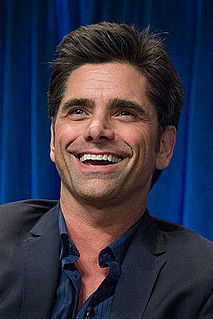A Quote by Tenzin Palmo
When we read history we find that in all ages people have thought, this is the dark age.
Related Quotes
We're living in a Dark Age of macroeconomics. Remember, what defined the Dark Ages wasn’t the fact that they were primitive — the Bronze Age was primitive, too. What made the Dark Ages dark was the fact that so much knowledge had been lost, that so much known to the Greeks and Romans had been forgotten by the barbarian kingdoms that followed.
Until now in world's history, whenever we've had a dark age, its been temporary and local. And other parts of the world have been doing fine. And eventually, they help you get out of the dark age. We are now facing a possible dark age which is going to be world-wide and permanent! That's not fun. That's a different thing. But once we have established many worlds, we can do whatever we want as long as we do it one world at a time.
The dark ages still reign over all humanity, and the depth and persistence of this domination are only now becoming clear. This Dark Ages prison has no steel bars, chains, or locks. Instead, it is locked by misorientation and built of misinformation. Caught up in a plethora of conditioned reflexes and driven by the human ego, both warden and prisoner attempt meagerly to compete with God. All are intractably skeptical of what they do not understand. We are powerfully imprisoned in these Dark Ages simply by the terms in which we have been conditioned to think.
































